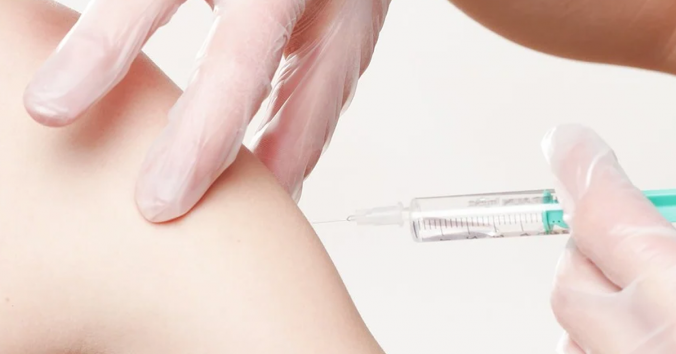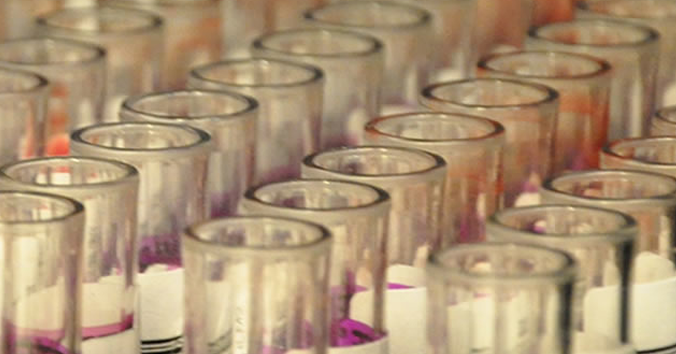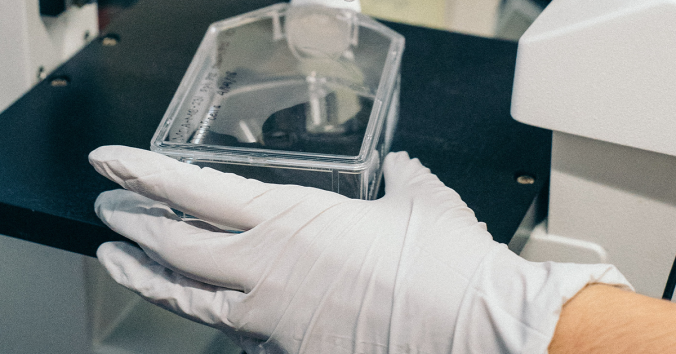Clinical psychologists receive degrees from universities, training them to effectively apply psychotherapy programs in psychiatry settings. But after graduation, whose responsibility is it to train, or perhaps re-train, clinical psychologists to practice “proper” therapy? Is it the responsibility of the owner of a three-letter branded protocol, such as DBT (Dialectical Behavior Therapy), SFT (Schema Focused […]
Continue readingPage 10 of 49
In science, correctly stated co-authorship is essential. Being transparent about who did what can be said to belong to the documentation of the research. Incorrectly stated co-authorship does not only give a distorted picture of the research, however. It also creates injustice between researchers and unfairly affects who gets employment or research grants. This also […]
Continue readingWe are used to thinking that research is either theoretical or empirical, or a combination of theoretical and empirical approaches. I want to suggest that there are also studies that are neither theoretical nor empirical, even though it may seem unthinkable at first. This third possibility often occurs together with the other two, with which […]
Continue readingIf you are an academic, you have probably noticed that you are getting more and more unexpected invitations via e-mail to participate as a speaker in what are presented as scientific conferences. The invitations can be confusing, as they are often not even in your subject area. But sometimes they get it right and maybe […]
Continue readingSo-called virtue ethics may seem too inward-looking to be of any practical use in a complex world. It focuses on good character traits of a morally virtuous person, such as courage, sincerity, compassion, humility and responsibility. It emphasizes how we should be rather than how we should act. How can we find effective guidance in […]
Continue readingIn genomics, not only individual genes are studied, but the entire genome. Such studies handle and analyse large amounts of data and are becoming increasingly common internationally. One of the challenges is managing the sharing of data between countries around the world. In addition to data protection legislation varying internationally, there are concerns that researchers […]
Continue readingStem cells taken from human embryos very early after fertilization can be grown as embryonic stem cell lines. These embryonic stem cells are called pluripotent, as they can differentiate into virtually all of the body’s cell types (without being able to develop into an individual). The medical interest in embryonic stem cells is related to […]
Continue readingSome ideas can have such a charm that you only need to hear them once to immediately feel that they are probably true: “there must be some grain of truth in it.” Conspiracy theories and urban myths probably spread in part because of how they manage to charm susceptible human minds by ringing true. It […]
Continue readingItaly was the first country in Europe to be hit hard by the Covid-19 pandemic. It started mainly in the northern regions, but soon the same public health measures were introduced throughout the country. Commercial and social activities were closed, as were schools and universities. Only points of sale that were deemed necessary were allowed […]
Continue readingThe way we develop, adopt, regulate and accept artificial intelligence is embedded in our societies and cultures. Our narratives about intelligent machines take on a flavour of the art, literature and imaginations of the people who live today, and of those that came before us. But some of us are missing from the stories that […]
Continue reading










